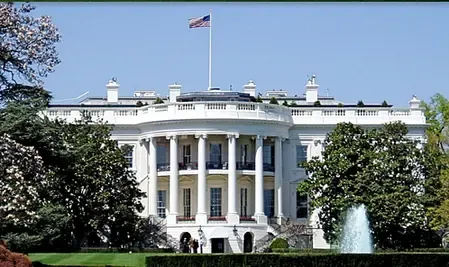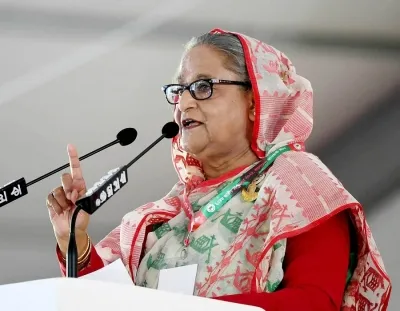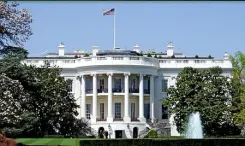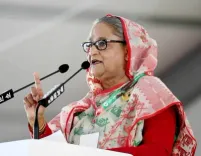Libya Aims to Boost Economic Ties with Serbia: Minister

Synopsis
Key Takeaways
- Libya plans to update 25 agreements with Serbia.
- The goal is to strengthen economic cooperation.
- High-ranking officials will facilitate joint ventures.
- Libya's economy is diversifying beyond oil.
- Sudanese refugee influx is straining resources in Libya.
Tripoli, Jan 28 (NationPress) Libya is looking to rejuvenate and modernize 25 bilateral agreements with Serbia to bolster economic ties, as stated by Libyan Economy Minister Mohamed Al-Hwej.
During a joint press briefing on Monday with Serbian Foreign Ministry State Secretary Nikola Stojanovic after a Libyan-Serbian economic forum in Tripoli, Al-Hwej highlighted that the agreements, established over the last decade but mostly inactive, require adjustments to fit "global political and economic developments."
"Our collaboration with Serbia has a history of 70 years. Today, we are looking for tangible measures to diversify Libya's economy and foster genuine partnerships across various sectors," Al-Hwej noted, mentioning that high-ranking officials from both countries would visit each other to promote joint initiatives.
Since 2011, Libya has been split by civil strife but has maintained a fragile truce between eastern and western factions over the past year. The government has emphasized re-establishing international economic connections to reduce dependency on oil, which constitutes over 90 percent of state revenue, as reported by Xinhua news agency.
Stojanovic commended Libya's "progress toward stability" and voiced hope for increased trade, though he did not detail specific collaboration sectors.
The one-day forum convened businesses from both nations to investigate prospects in agriculture, energy, and infrastructure. No immediate agreements were disclosed.
Libya's economy is still hindered by political division, with GDP declining by 10 percent in 2023, according to World Bank data.
Previously, UNHCR reported a significant surge in the number of Sudanese refugees arriving in Libya, with daily entries reaching 400, resulting in over 210,000 refugees currently residing in the country.
The crisis in Sudan has led to widespread displacement, putting pressure on resources in Libya, particularly in remote regions like Alkufra, where refugees encounter soaring food costs, fuel scarcities, and inadequate living conditions.
UNHCR has been offering essential assistance, including healthcare, relief supplies, and documentation support, while also enhancing access to local services.









